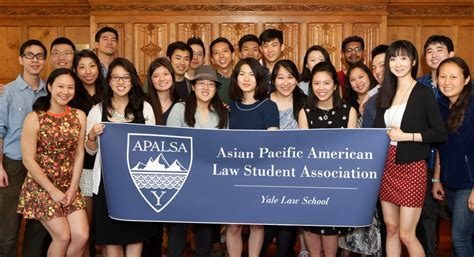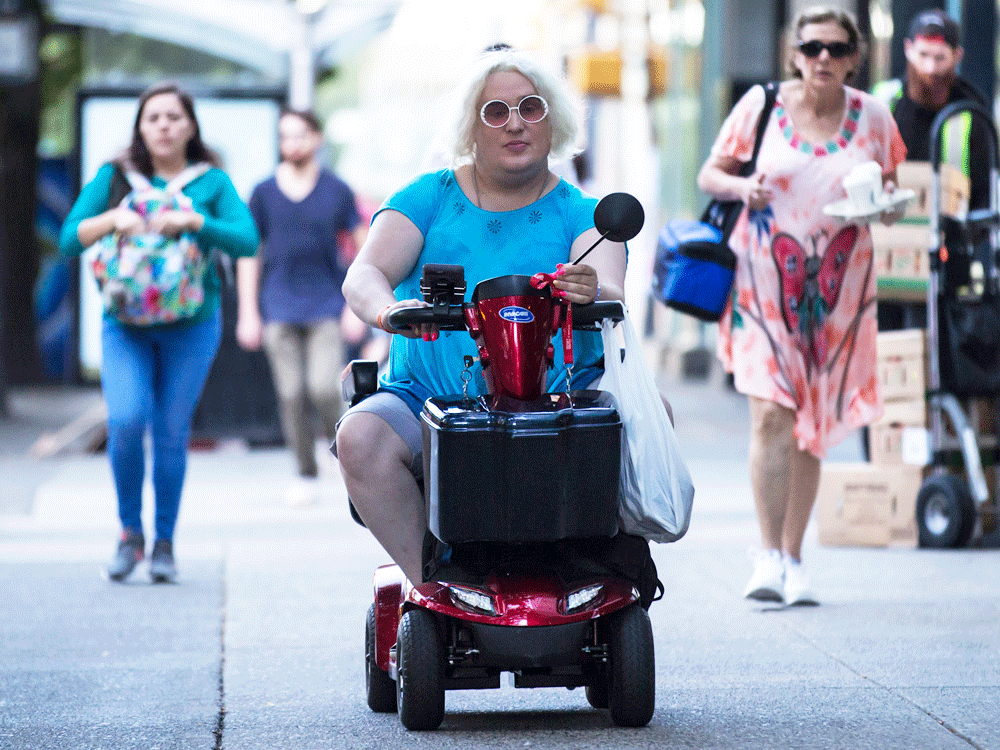Federal judge rules Harvard does not discriminate against Asian Americans in admissions
Nick Anderson
The judge also found that Harvard “narrowly tailored” its use of race in admissions to achieve the benefits of a diverse class.
“The use of race benefits certain racial and ethnic groups that would otherwise be underrepresented at Harvard and is therefore neither an illegitimate use of race or reflective of racial prejudice,” Burroughs wrote.
Harvard could improve its process, through implicit bias training and other steps, the judge added. “That being said, the Court will not dismantle a very fine admissions program that passes constitutional muster, solely because it could do better,” she wrote.
The plaintiff, Students for Fair Admissions, a group that said it represents the interests of rejected Asian American applicants, vowed an appeal of a case that could reach the Supreme Court.
“Students for Fair Admissions is disappointed that the court has upheld Harvard’s discriminatory admissions policies,” the group’s president, Edward Blum, said in a statement. “We believe that the documents, emails, data analysis and depositions SFFA presented at trial compellingly revealed Harvard’s systematic discrimination against Asian-American applicants.”
Harvard President Lawrence S. Bacow wrote to the university: “The consideration of race, alongside many other factors, helps us achieve our goal of creating a diverse student body that enriches the education of every student. Everyone admitted to Harvard College has something unique to offer our community, and today we reaffirm the importance of diversity — and everything it represents to the world.”
The ruling was highly anticipated because the case was seen as a challenge not only to Harvard, but to all colleges and universities that take race into account when they build a class. The issue has
roused passions among many Asian Americans who fear they are subject to hidden quotas at elite schools, similar to the roadblocks Jewish students often faced early in the 20th century.
But others defend affirmative action as a matter of social justice, with profound educational benefits.
The ruling from the judge in Boston also comes at a time of national debate over race, class and access to higher education as a scandal over
a cheating and bribery scam to help the children of rich parents get into prominent universities has shaken public confidence this year in the admission system.
Around the world, Harvard is renowned for exclusivity. Of 43,330 who applied to enter as freshmen this fall, Harvard offered admission to 1,950, or 4.5 percent. That means roughly 19 of every 20 applicants were denied. The expected size of the class is about 1,660.
Of those admitted, Harvard said, 25.4 percent identified as Asian American, 14.8 percent as African American and 12.4 percent as Latino. The Asian American share of admits has risen in recent years — a telltale sign, the plaintiff said, that Harvard had adjusted its practices under pressure from the lawsuit.
The university did not specify the white share of admissions for the Class of 2023, but federal data show a plurality of its undergraduates are white students from the United States. (About 12 percent of admitted students are international.)
At its heart, the case centered on whether Harvard discriminated against Asian American applicants, imposing a racial penalty on them in the review of their files and limiting their share in the admitted class to make room for other groups. Harvard denied all of those claims.
The ruling from Burroughs landed months after the trial’s closing arguments and nearly five years after the case began.
Students for Fair Admissions
filed the lawsuit against Harvard in November 2014. Blum, a critic of race-based affirmative action who is white, helped organize legal challenges to the Voting Rights Act and the admissions process at the University of Texas at Austin. Among the group’s members are Asian Americans who applied to Harvard and were denied admission. Their names and details about their applications have not been disclosed.
The suit alleged that Harvard intentionally discriminates against Asian American applicants “based on prejudicial and stereotypical assumptions about their qualifications.” It also alleged that the university seeks to engineer the demographics of incoming classes to meet predetermined goals through “racial balancing;” that it gives too much weight to race in making admission decisions; and that it has failed to give adequate consideration to “race-neutral” alternatives for achieving diversity.
The judge rejected all four of those claims.
In denying the allegations, Harvard said it has followed decades of Supreme Court precedent that allow colleges to consider race and ethnicity, within limits, to reap the educational benefits of a racially diverse campus.
In June 2016, the high court narrowly upheld the constitutionality of race-conscious admissions at UT-Austin. Unlike the Harvard case, that suit identified a plaintiff who had been denied admission, a white woman named Abigail Fisher.
The
4-to-3 decision in
Fisher v. University of Texas, authored by Justice Anthony M. Kennedy, was a defeat for Blum and his allies.
It preserved the status quo for affirmative action: Universities are allowed to consider race as one factor among many in a “holistic” review of an applicant’s background and credentials. But they are not allowed to set racial targets or quotas, and they must review whether alternatives, such as geographic or socioeconomic preferences, would be workable and could accomplish the same goals.
Kennedy has since retired, and conservatives hope his replacement, Justice Brett M. Kavanaugh, will push the court in a new direction on affirmative action.
The Harvard case unearthed a trove of data on admissions to one of the world’s most selective colleges. Burroughs ordered Harvard to provide the plaintiff with internal electronic records on more than 166,000 domestic applicants spanning six admission cycles through 2014-2015, as well as admission officer comments from hundreds of files. Analyses of that data and other documents, such as a guidebook for alumni interviewers, provided a rare public look inside the gate-keeping shop of a school where tens of thousands apply every year.
Normally Harvard does not disclose how many children of alumni apply and what share are accepted. But court documents revealed that 4,644 “legacy” applicants from the United States applied during those six cycles, and 34 percent were admitted. Documents also showed that 1,374 applicants were identified as recruited athletes in that time, and 86 percent of them were admitted.
The data the plaintiff obtained, stripped of names and other identifying information, included numeric ratings Harvard assigned to each applicant, from 1 (high) to 4 (low), on four dimensions: academic, extracurricular, personal and athletic. Also noted were gender, race and ethnicity, among other characteristics, and the decisions Harvard made.
The plaintiff hired a Duke University economist, Peter S. Arcidiacono, to analyze the data. He concluded in a report made public last year that Harvard imposes a “significant penalty” on Asian American applicants relative to white students when it rates their personal qualities — such as leadership, grit, courage and kindness — and when it makes admission decisions. He also found that Asian Americans are less likely to be accepted in certain situations than white, African American and Hispanic applicants with similar profiles.
But Harvard hired its own expert, David Card, an economist from the University of California at Berkeley, who disputed Arcidiacono’s findings. Card concluded that the “purported ‘penalty against Asian Americans’ ” does not exist. He contended that Arcidiacono had cherry-picked data to skew his results and focused too narrowly on academic achievement in an applicant pool brimming with candidates who boast perfect or near-perfect test scores and grades.
The dueling experts took the stand last fall in a three-week trial that dissected their statistical argument in numbing detail. Also testifying were Harvard’s longtime dean of admissions, William R. Fitzsimmons, and several university officials, students, alumni and admission officers.
Harvard acknowledged that some highly qualified applicants receive a plus, or “tip,” based on race or ethnicity that can lead to an offer of admission. It defended that practice as essential for campus diversity. If the university were forced to ignore race in admissions, Harvard said, the number of black and Latino students could drop substantially.
Students for Fair Admissions pressed Harvard on whether it had ignored questions about potential bias against Asian Americans that surfaced through a 2013 internal university report. It also zeroed in on why admission officers tended to give Asian Americans lower marks for personal ratings than for academic and extracurricular achievement.
Adam K. Mortara, an attorney for the plaintiff, charged that the discrepancies arose because the university failed to give the admission officers explicit instruction on how to consider race. Without such guidance, Mortara said during the trial, “you have let the wolf of racial bias in through the front door.”
William F. Lee, an attorney for Harvard, countered that the real discrimination threat — “that wolf,” as he called it — came from the plaintiff and others who would “turn back the clock” to undo progress on diversity.
Lee questioned why the plaintiff chose not to put any of its members on the witness stand or put their applications into the record of evidence. “If there was an application file after all of this that showed discrimination, wouldn’t we have seen it?” he asked during the trial.
There was no jury. Burroughs, a nominee of President Barack Obama, joined the federal bench in 2014 soon after the lawsuit was filed. During a pretrial hearing in January 2016, the judge revealed that she had once applied to Harvard and been rejected.
As an attorney discussed the large amount of information Harvard tracks on each applicant, Burroughs joked: “I don’t know if I should be starting to feel better or worse about the fact that I didn’t get into Harvard.” Neither side in the case sought her recusal. Burroughs graduated from Middlebury College in 1983.








